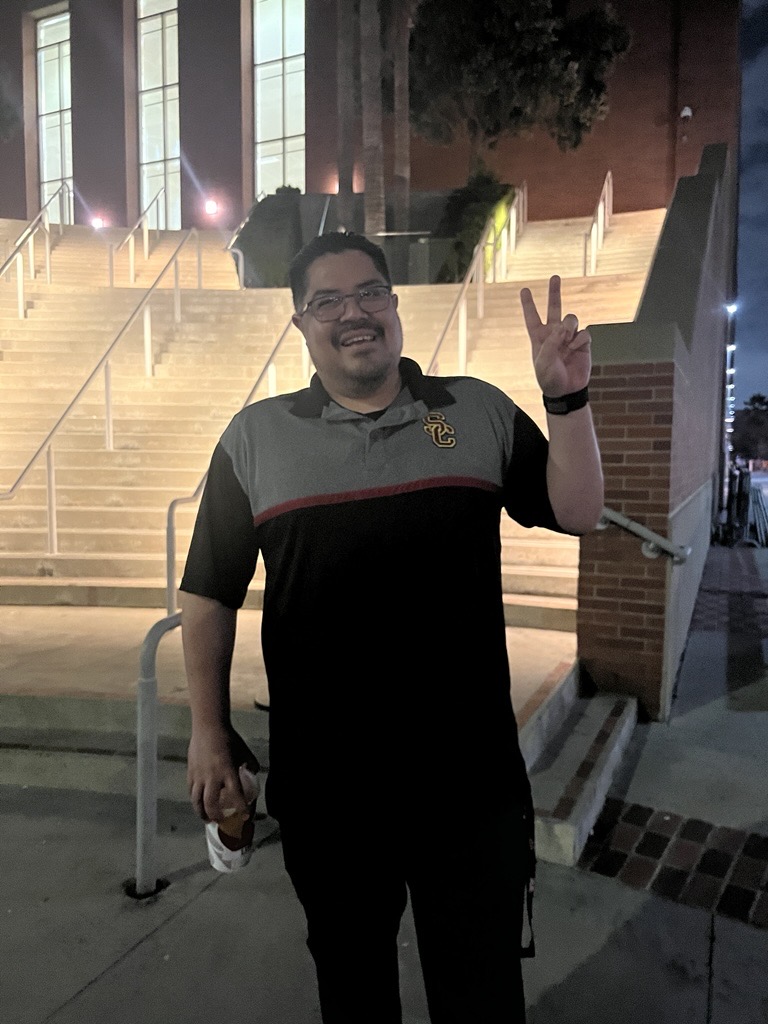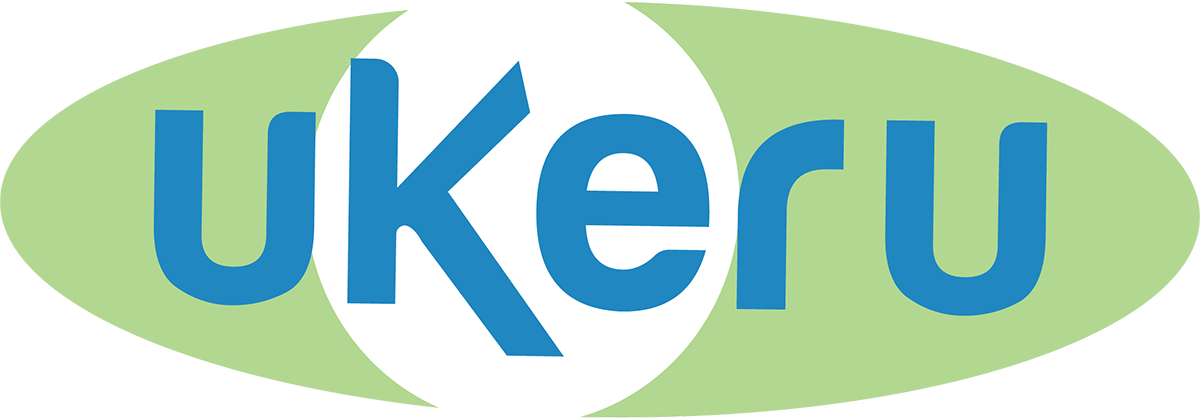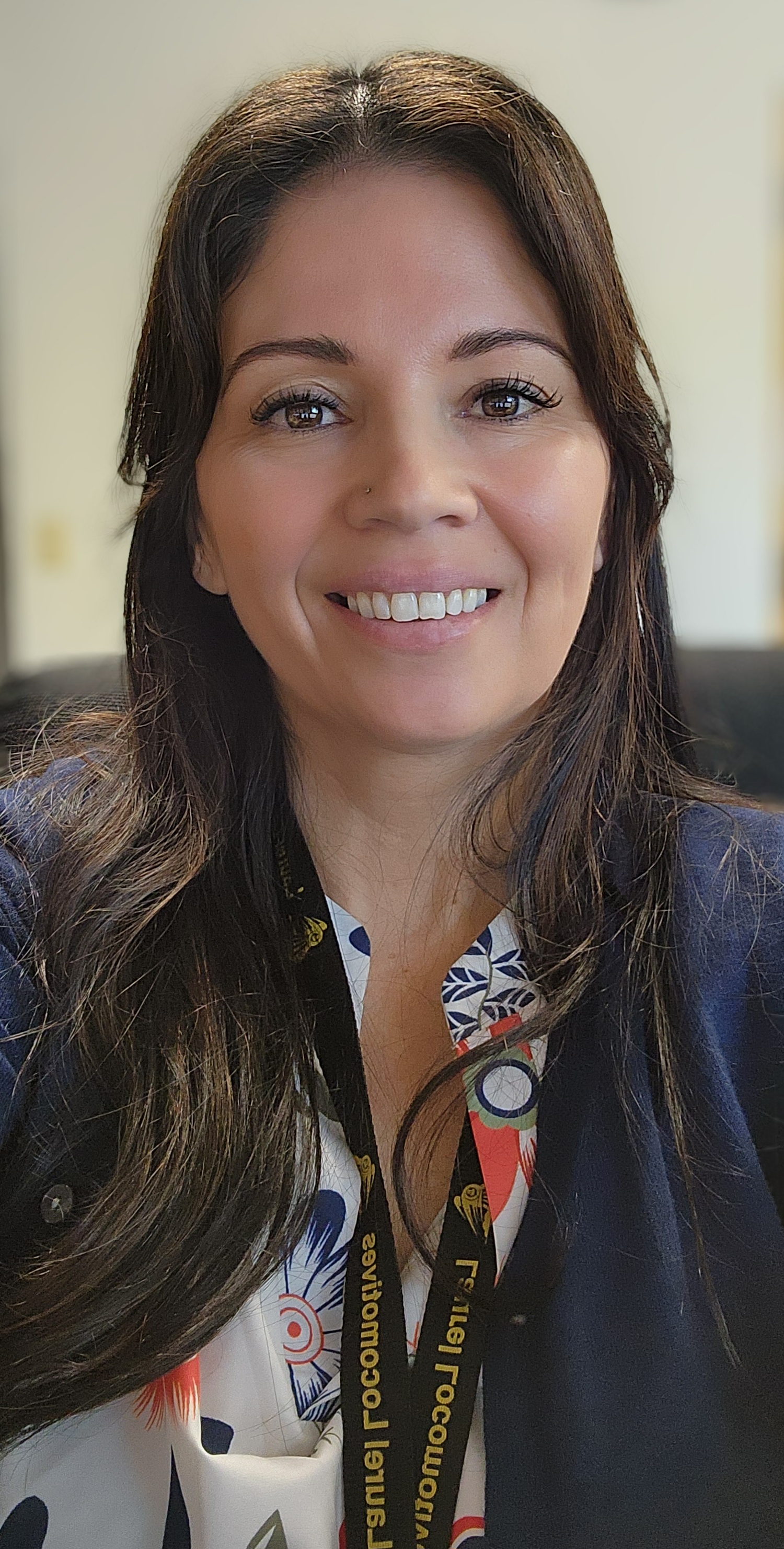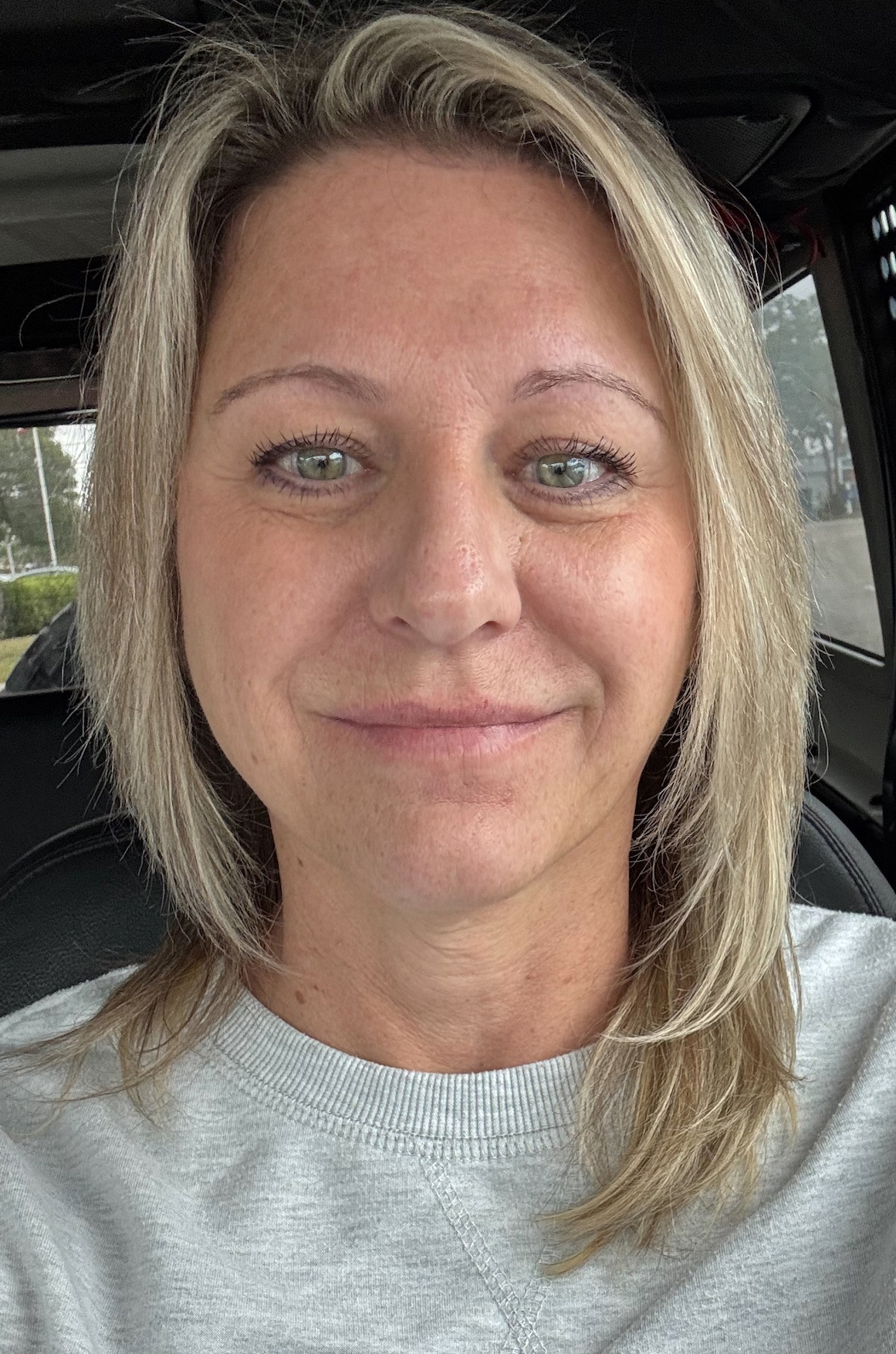
Q: How long have you been an Ukeru trainer?
A: Entering my 4th year. Just got my recert done recently!
Q: What population do you work with? What inspired you to get into this field?
A: At New Horizons, we work with the neurodiverse community. Funny enough, I actually started out as a one-on-one staff member in residential group homes for one of our partner companies here in the valley. I was in college at the time, just looking for an easy gig—so naturally, I turned to Craigslist. I figured “man looking for job” was a solid search strategy—and somehow, it actually worked. I started working weekends while I was in school and picked up extra shifts during breaks. Honestly, I stumbled into this field by accident. At a certain point, it didn’t even feel like a job anymore—it felt like I was just hanging out and getting paid for it. I made it through college, then nursing school, all while staying with the same company. Over time, I grew into new roles, and now, fifteen years later, I’m the one leading training and staff development here at New Horizons—helping others learn how to provide the kind of care that really makes a difference in our Members’ lives.
Q: What part of Ukeru do you enjoy teaching the most and why?
A: I love teaching the Trauma and the Brain section. It’s usually the part where I see participants really leaning in and getting interested. It builds naturally from the previous material, so by the time we get to this topic, they’re already hooked.
I bring in a lot of real-life examples from my time as a staff member, a nurse, and now as an administrator. That way, they get to hear the same concepts from three different vantage points—and usually, there’s at least one perspective they really connect with.
Q: What would you say to someone who is unsure about using Ukeru?
A: I was a bit skeptical at first. After the pandemic, when I was tasked with finding an alternative crisis management system as we started reopening the campus, I naturally went back to what I knew—CPI and ProAct. Both are solid systems, but they felt a little too aggressive for the population we’re currently working with.That’s when my CEO, John Brauer—who’s originally from the East Coast—mentioned Grafton and a system he remembered them developing. He asked me to look into it. So I did. I started researching, reading case studies and blog posts, and slowly began to realize: this might actually work for us.I was still skeptical right up until the moment I sat down in class—but I was open to giving it a shot. Now, almost four years later, we haven’t looked back.
Q: What advice or tip would you give to a new Ukeru trainer?
A: Don’t worry about being perfect. It won’t be perfect the first time—or the second, or even the third. And that’s okay. What matters most is that you get out there and start. Take your time, learn the material, and practice. You’re going to make mistakes, but each one is a chance to learn. With every class you teach, you’ll improve—and before you know it, you’ll look back and realize just how far you’ve come.
Q: How has Ukeru impacted your life?
A: It really made me realize how hard each of us is working every day. We don’t often stop to think about how others are using universal precautions—not just in a medical sense, but emotionally and socially too. Coming from a different background, “universal precautions” meant something else to me at first, but this new perspective made a lot of sense. Once I learned it and started applying it, I felt like it made interacting with others—and navigating life in general—a little easier and more compassionate.
Q: What is your favorite quote or a motto that you like to live by?
A: Something I learned from my time in the Military: “Embrace the suck.” It’s a phrase often used in the military, and it’s stuck with me over the years. To me, it means leaning into the hard moments, not avoiding them—because that’s where growth happens. Whether it’s in the field, in leadership, or in life, the tough parts are often the most meaningful. If you can embrace the challenge instead of resisting it, you come out stronger every time.
Q: What three words would you use to describe Ukeru?
A: Innovative. Compassionate. Effective.




